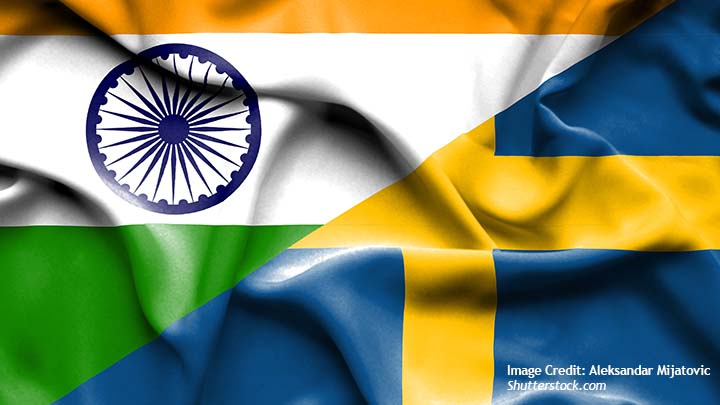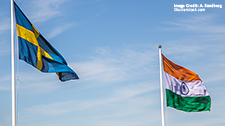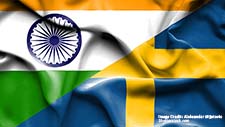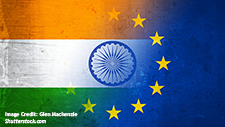India-Sweden Strategic Compass, Vol.3 No. 3 May-June 2024

Ana Carolina De Oliveira Assis and Jagannath Panda
Post the elections both in the European Parliament and India, the momentum in foreign policymaking should ideally resume its earlier pace. Notably, concluding timely negotiations for the much-awaited EU-India free trade agreement within this year would be mutually beneficial. Even as election results in Europe offer a new trend, the bilateral trajectory growth with India should not be impacted.
Particularly as India’s growth has looked strong and India’s top decision-makers, including the foreign minister, defense minister, and finance minister have been retained by the prime minister, who is returning for a record third time. PM Modi and FM Jaishankar’s foreign policy priorities would unlikely have changed with the election results, as the EU and its member-states are some of the most important Indo-Pacific partners for India. In this context, India and Sweden have long-standing close ties, and over the last year their strong economic centered relations have looked to transform – with security concerns including cyber-security, counter-terrorism, and joint collaborations on defense also being included in the foreign office consultations.
The year 2023 was especially remarkable with the 75th anniversary of diplomatic relations and multiple ministerial-level visits, including Jaishankar’s notable visit that saw discussions on the Indo-Pacific, European strategic situation, and de-risking the global economy – a successful pivot to the growing strategic linkages between the two sides. India and Sweden must now push for elevating their ties, as well as strengthening India-EU cooperation, including providing impetus to the India-EU FTA talks (the seventh round concluded in February 2024) and enhanced coordination at the Trade & Technology Council (TTC). The TTC was announced in 2022, and under which new initiatives have been launched earlier this year (e.g., start-up collaboration on Recycling of E-Vehicles Batteries).
Related Publications
-
China’s Himalayan Hustle: Revisionism Resistance Must be the Order of the Region
This edited volume brings together papers to highlight the challenges and opportunities in mapping China’s Himalayan hustle. It aims to advance key debates about the importance of this region to […]
-
India-Sweden Strategic Compass, Vol.3, No.5, September-October 2024
The year 2024 has been thus far remarkable for India’s global engagement, with significant strides in diplomacy, technology, and sports. Prime Minister Modi’s visit to the United States highlighted deepening […]
-
India-Sweden Strategic Compass
The year 2024 is proving to be quite memorable for India-Europe relations. First off, PM Modi’s multiple visits to the EU member-states of Austria and Poland, as well as Ukraine […]
-
Navigating the Indo-Pacific: How Australia and the EU Can Partner for Peace, Stability, and Prosperity
To navigate the choppy waters of the Indo-Pacific, the EU and Australia must be on the same wavelength regarding shared interests in rules, values, and an open and liberal economic […]
-
Indian Prime Minister Visits Poland: Dr Aleksander Olech interviews Dr. Jagannath Panda
Narendra Modi, the Prime Minister of India, is visiting Poland today, marking the first visit by an Indian Prime Minister since 1979. The key topics of discussion will include the […]




